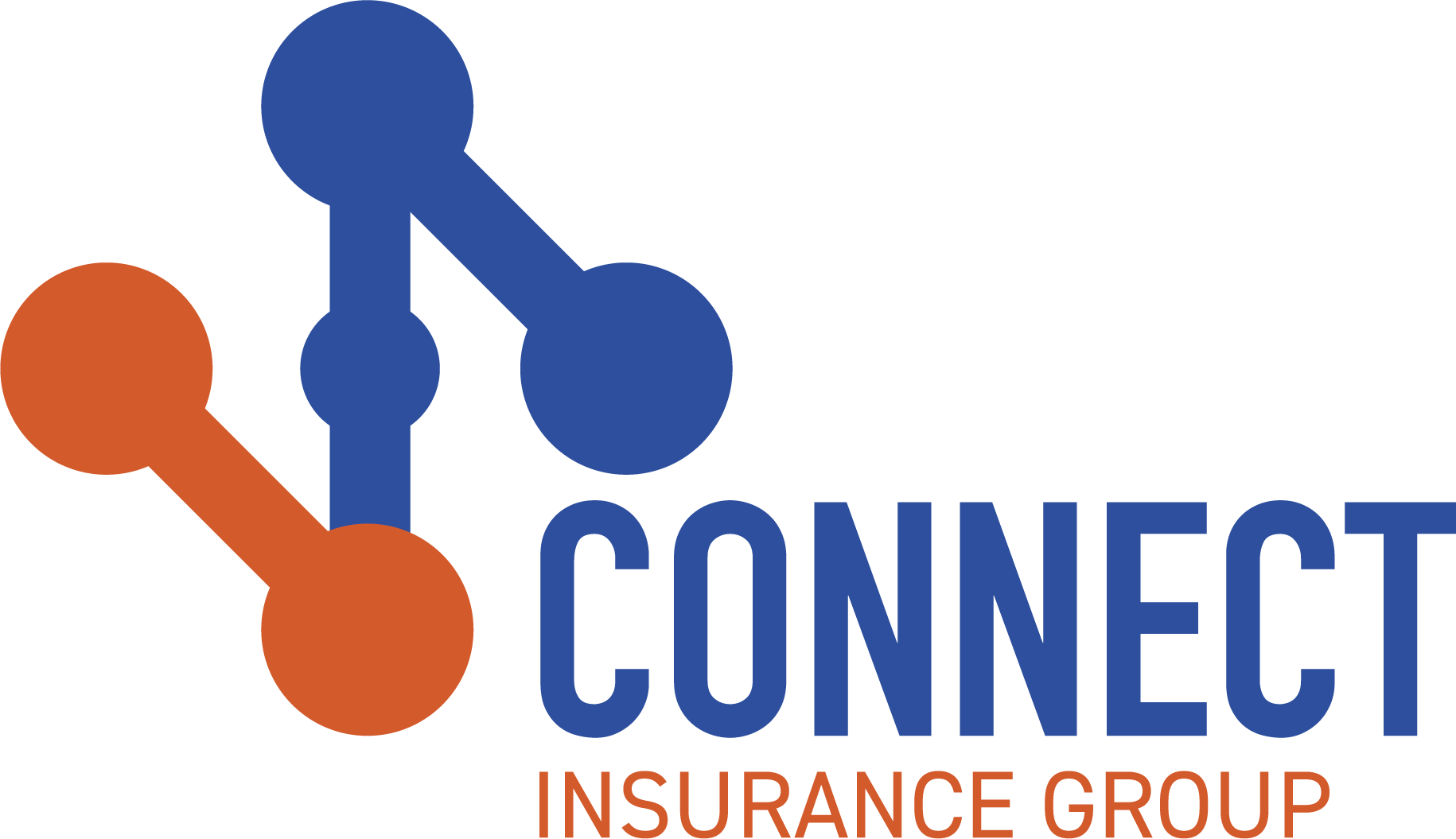Protect yourself as owner
What is It?
GL insurance is sometimes called business liability insurance or commercial general liability insurance. This type of liability insurance coverage helps protect your business from claims of bodily injury or property damage that can come up during normal business operations. Without general liability coverage, you’d have to pay for medical expenses and property damages out of pocket.
What Does General Liability Cover?
Bodily Injury
If a customer injures themselves in your place of business, this policy can help cover their medical bills.
Property Damage
Employees sometimes damage customers’ property while delivering products or services. Your GL policy can help pay for the damages.
Reputational Harm
General liability insurance policies can help cover malicious prosecution, slander, libel, wrongful eviction and violating a person’s privacy.
Advertising Injuries
Claims of copyright infringement are covered with a general liability policy.
Damage to premises rented to you
If your rented property is damaged by fire, lightning or an explosion, your general liability policy can help pay for repairs.
What do you need to consider?
General liability insurance does not cover employee injuries, car accidents, punitive damages (in most states), labor, tort, or professional error.
As a contractor or small business owner, you need some form of business liability insurance to safeguard your livelihood.
A single accident could result in a lawsuit that you might not be able to handle. A great way to protect against this is to make sure you have liability coverage that matches your level of exposure.
Some employers or clients might also require you to carry a certain amount of general liability before you can work for them.
General liability insurance only pays for third-party damages, not yours. You’re considered the “first-party”. The “third-party” is the one that has a claim against you. This means general liability won’t cover your property or equipment against theft or damage.
The cost of general liability insurance coverage varies based on the size of your business, the industry you are in, your location, and the amount of coverage you need.
What is it?
Errors and omissions insurance, also known as E&O insurance and professional liability insurance, helps protect you from lawsuits claiming you made a mistake in your professional services. This insurance can help cover your court costs or settlements, which can be very costly for your business to pay on its own.
What does Errors & Omissions insurance cover?
Errors and omissions insurance helps protect your business from claims of:
Negligence
Omissions
Violation of good faith and fair dealing
Errors in services given
Misrepresentation
Innacurate advice
What do you need to consider?
Errors and omissions insurance doesn’t help cover claims from events that happened before your policy’s retroactive date. It also doesn’t help your business with claims filed after your policy’s extended reporting period
Be aware that errors and omissions doesn’t cover every type of liability claim. This insurance won’t help your business with claims of:
Illegal acts and purposeful wrongdoing, such as intentionally breaking the law or deceiving your customers or clients.
Bodily injury or property damage that your business causes. For these kinds of claims, you’ll need a general liability insurance policy.
Employee injuries or illnesses caused by their work. A workers’ compensation insurance policy can give your employees benefits to help them recover from a work-related injury or illness. Be aware that many states require this coverage if you have employees.
Discrimination or harassment in the workplace that your employees file. Getting employment practices liability insurance can help cover these types of claims
You can help keep your errors and omissions insurance cost down by:

Training your employees

Checking your contracting system for quality control

Communicating with customers regularly about issues to make sure they’re satisfied
Different factors can impact your errors and omissions insurance cost, such as:
Business risk
If you’re in a higher risk industry, you’ll likely pay a more expensive rate. For example, a business owner of a financial consulting company that gives advice on investing millions of dollars will probably have a higher premium than a smaller financial advisor.
Coverage limits
The higher your policy limits, the more coverage you’ll have, which usually means higher premiums.
Claims history
Typically, you may pay more for your E&O coverage if you have a history of liability claims made against your business.
Location
Rates will most likely vary depending on where your business is. For instance, you may have a higher insurance cost if you operate in a busy city.
What is it?
A Business Owner’s Policy (BOP) combines business property and business liability insurance into one business insurance policy.
BOP insurance helps cover your business from claims resulting from things like fire, theft or other covered disasters. Business owners’ insurance also helps cover claims that could arise from your business operations. These include claims of bodily injury or property damage. They also include claims related to personal and advertising injury.
What Does BOP Insurance Cover?
Business Owner’s Policy (BOP) offers businesses a way to save money while getting broad coverage for things like:
Fire
Theft
Lawsuits
Loss of income
Buildings
Equipment
Inventory
Furniture
Fixtures
What do you need to consider?
A BOP policy can be custom-made to fit industry specific businesses. This means it’s great for businesses of any size, especially small businesses.
BOP insurance for business owners is built to cover companies that generally face the same risks. Customizing your BOP Insurance is an important first step when insuring your business. Small business owners should do this from the beginning to protect against losses and damages early on.
BOP can include:

Commercial property

General Liability

Business Income

Equipment breakdown
What is it?
Business property insurance is coverage that can protect your company’s physical assets from unexpected events, including fires, windstorms, theft and vandalism. Physical assets covered by commercial property coverage could include the business property you own or rent, office equipment, furniture, fixtures, inventory and other items you count on to support your daily operations.
Through built-in loss prevention services, business property insurance can also deliver a competitive advantage by helping you identify and manage property-related risks specific to your company, allowing you to remain focused on your business. Travelers has expertise across many industries, helping companies identify and reduce property risks.
What does property insurance cover?
Commercial property insurance protects your company’s physical assets from many unforeseen events, such as fire, explosion, storms, theft and vandalism. Additional coverage is often also available for floods, earthquakes, equipment breakdown and other direct causes of loss to your business.
What do you need to consider?
Commercial property insurance is for all businesses, especially those that have buildings, critical equipment and assets, or access to customers and suppliers.
It also includes business interruption insurance. So, if you can’t operate your business because of covered property damage, your policy can help replace your lost income.
Insurance companies value commercial property in three ways:
Actual cash value
How much it’d cost to replace an item, minus its depreciation.
Replacement cost value
How much it’d cost to replace an item with something comparable or equivalent.
Fair market value
The cost of an item if it were to go on the market today.
Be aware that your commercial property insurance policy doesn’t cover every type of property damage. This coverage can’t help your business if:
Your customer drops their laptop when they trip over a box in your office.
One of your employees puts a hole in your client’s wall.
You get into an accident while making a delivery to a customer and damage your vehicle.
A nearby brook overflows after a heavy rainfall causes flooding near your building and damages your inventory.
You get into an accident while making a delivery to a customer and damage your vehicle.
What is it?
Umbrella insurance policy is an additional insurance that provides protection beyond the limits and existing coverage of other policies. The umbrella insurance policy may provide coverage for injuries, property damage, certain lawsuits, and personal liability situations.
What Does Umbrella Insurance Cover?
An umbrella insurance policy can help cover defense costs when you are being sued for damages to someone else’s property or injuries caused to others in an accident.
Whether it’s a serious car accident involving extensive medical bills or an incident on your property, you may quickly find yourself responsible for damages that exceed the limits of your auto, homeowners or boat policies. That’s when having an umbrella insurance policy can provide coverage that goes beyond the limits of your primary coverage.
An umbrella insurance policy includes several liability protections, such as:
Auto bodily injury liability
This helps cover a person’s treatment costs if they get hurt in a car accident. This coverage steps in when you reach your auto liability limit.
Bodily injury liability
This can help cover another person’s medical bills. If someone gets hurt and sues you, this coverage protects you once your liability limit has been reached.
Landlord insurance
This coverage helps protect you if someone gets hurt at your rental property and sues you. This coverage helps once your liability limit has been exhausted.
Property damage liability
This helps pay for damage to another person’s property or vehicle. This coverage will take effect when your liability limit has been exhausted.
What do you need to consider?
Your personal umbrella insurance policy doesn’t cover every claim. For example, it won’t cover losses related to your business. For that kind of claim, you’ll need a commercial umbrella insurance policy.
Other examples of coverage not included in a typical umbrella policy are:

Business losses
Damage to your business property or losses related to the running of your business generally would not be covered by a personal umbrella policy. This exclusion applies even if your business is operated out of your home. Consider purchasing business insurance if you need this type of coverage.

Intentional acts
A personal umbrella policy isn’t designed to protect you from liability connected with your own intentionally harmful behavior; for example, if you intentionally harm a visitor to your home.
Umbrella policies are typically very affordable and can be a great way to help protect yourself against the potentially devastating costs of major claims that exceed the limits of your primary home and auto policies.
To figure out the amount of umbrella insurance coverage you need:
Estimate the total value of all your assets. Start with your home’s worth. Then, look at your net worth and add in the total amount of your savings, stocks and retirement.
Review your homeowners and car insurance policies to make sure there’s enough coverage to protect your assets in the event of a catastrophic loss.
Think about other items you protect, such as RV insurance, ATV insurance or boat insurance. Make sure you have enough coverage to protect these things if there’s a loss.
What is it?
Every type of organization, from global companies to mom and pop shops that use technology to do business, face cyber risk. As technology becomes more complex and sophisticated, so do the threats that businesses face. This is why every business and organization needs to be prepared with both cyber liability insurance and an effective cyber security plan to manage and mitigate cyber risk.
What Does Cyber Insurance Cover?
Cyber insurance generally covers your business’ liability for a data breach involving sensitive customer information, such as Social Security numbers, credit card numbers, account numbers, driver’s license numbers and health records.
Besides legal fees and expenses, cyber insurance typically helps with:
Notifying customers about a data breach.
Restoring personal identities of affected customers.
Recovering compromised data.
Repairing damaged computer systems.
What do you need to consider?
Hackers can target personally identifiable information (PII) or personal health information (PHI) you keep on your business’ computers. That’s why it’s important to protect your business with data breach or cyber liability insurance, helping you respond quickly after a data breach or cyberattack. These coverages can help if:
Your business’ computers get a virus that exposes private, sensitive information.
Customers or patients sue after your business loses PII or PHI.
You’re faced with high public relations costs to help protect your business’ reputation after a data breach.
Ask yourself these questions to see if your business needs data breach or cyber liability insurance:

Do we collect, store, send or receive PII or PHI?

Do we work in an industry with rules about customer information, such as healthcare, education or finance?


